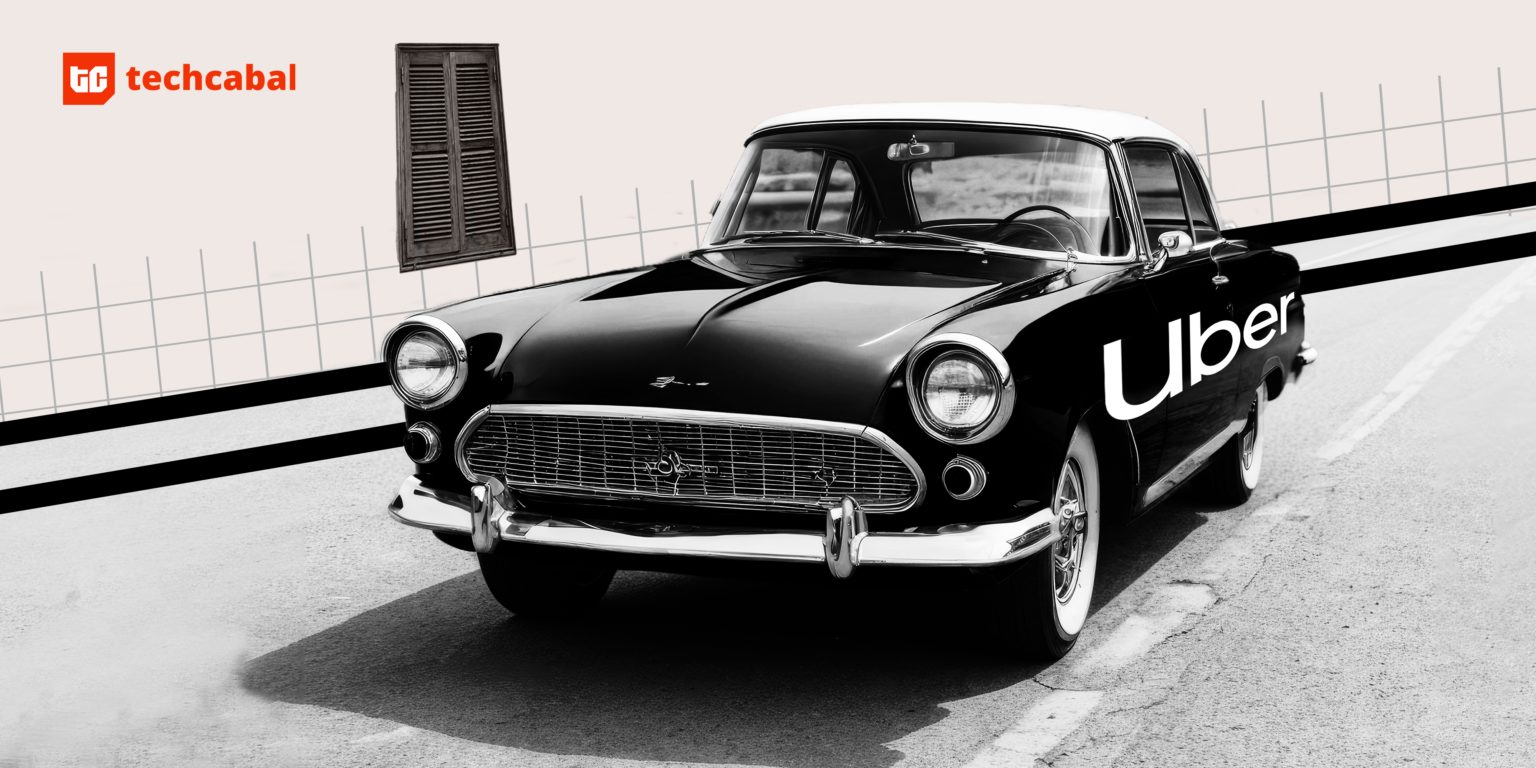BY MILCAH TANIMU
Ride-hailing companies, including Uber, are evaluating potential fare increases due to a significant rise in fuel prices, now reaching ₦897 per litre after two months of shortages in Nigeria. The challenge lies in adjusting fares to balance driver earnings and passenger affordability.
Tope Akinwumi, Uber‘s Nigerian country manager, “We are conducting a comprehensive review of the recent fuel price increase and exploring measures to mitigate its impact on driver earnings. Our goal is to ensure Uber remains the preferred choice for drivers while maintaining affordability for riders.”
Drivers anticipate that ride-hailing platforms like Uber and Bolt, which utilize algorithms for fare settings, will adjust prices accordingly. In the interim, many drivers are switching to Indrive, a platform with a bidding system that allows for flexible fare negotiations between drivers and passengers.
Bolt has not yet responded to requests for comment on the matter.
In Lagos, Nigeria’s economic hub, ride-hailing customers are experiencing persistent fare surges due to a shortage of drivers. Surge pricing, used by these platforms, helps align fares with the fluctuating availability of drivers and rider demand.
Drivers, faced with rising fuel costs, are awaiting fare adjustments before resuming work. One driver told TechCabal, “If I buy fuel for ₦1,200 or ₦1,500, I might park my car for a few days to see how Bolt and Uber address the new fuel price.”
During high-demand periods or when driver availability is low, surge pricing is implemented to encourage drivers to get on the road. Bolt recently introduced a flexible pricing model similar to Indrive’s, allowing passengers to offer higher fares to secure rides during peak times.
Long queues at fuel stations in Lagos have led to significant delays, with some drivers unable to secure fuel by mid-day. This scarcity has contributed to the surge in ride-hailing fares.
A driver, who wished to remain anonymous, reported difficulty finding fuel on the island, opting to avoid the black market rates exceeding ₦1,000 per litre.
As ride-hailing companies navigate the fallout from the recent fuel price hike, they face the dual challenge of satisfying customers, who have multiple options and are grappling with high inflation, and drivers, who are demanding fairer rates and lower commissions.

Leave a Reply